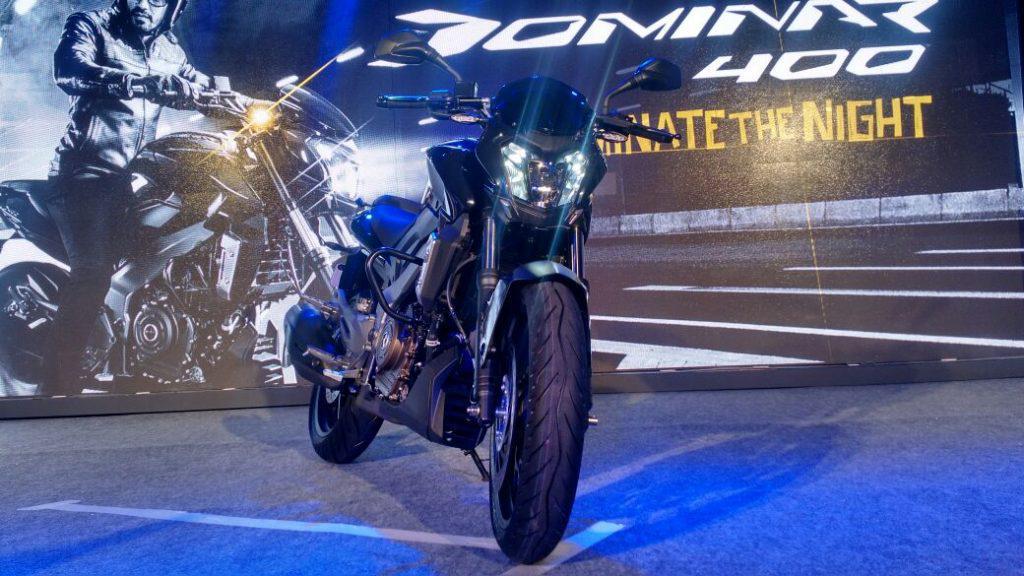HYUNDAI-KIA: Far away from very first build up of ’17
Big increases in incentive spending last month couldn’t save car-dependent Hyundai-Kia from its largest sales decline of the year, as consumers proceed to shift to crossovers and SUVs.
The Korean duo, which has not reported a combined increase in monthly sales since November 2016, sold 110,650 Kia and Hyundai models in June, a fifteen percent decline from June 2016. For the year, the company is down 8.6 percent.
Hyundai, including its luxury Genesis brand, eyed June sales plummet nineteen percent — the largest monthly decline of the year — while Kia dropped ten percent.
Hyundai’s decline — its sharpest since June two thousand nine — was a result of a reduction in fleet sales, as its retail sales enlargened more than one percent, according to the company.
"June was the 2nd month in a row we’ve cut back significantly on fleet sales and seen a rise in retail sales in an industry that is down on the year," said Sam Brnovich, executive director of national sales for Hyundai Motor America.
At Kia, the Rio, Sorento, Sedona and Soul all plunged twenty percent or more. Highlights for the brand included sales of the recently redesigned Cadenza luxury sedan​ more than doubling, and the midsize Optima sedan and compact Forte models each up by almost twenty five percent.
ALG estimates incentive spending figures last month for both Hyundai and Kia were among the highest increases in the industry yet still below the industry average. Hyundai was estimated to lift incentive spending forty two percent to an average of $Trio,259 per vehicle, while Kia was estimated to increase twenty five percent to $Three,384. The average industry increase was 9.7 percent, to $Trio,550, according to ALG.
The enhanced incentive spending goes after some turmoil within the company’s sales operations. As detailed this week by Automotive News, despite declining car sales industrywide, parent company Hyundai Motor Corp. has declined to cut car production, highlighting a persistent stress point inbetween the U.S. sales team and headquarters in South Korea, which considers the switching U.S. sales mix a reality that Hyundai Motor America must adapt to on its own.
Hyundai Motor America CEO Dave Zuchowski was fired in December for failing to hit aggressive growth targets, and U.S. sales chief Derrick Hatami left the company for Volkswagen last month after feeble sales reports in 2017. Hyundai is still searching for successors to both, while Hyundai Motor America’s general counsel, Jerry Flannery, is interim CEO.
The Hyundai division, as forecast by ALG, is the only major company besides Subaru to not increase its average transaction prices in June. The Korean automaker was down Three.8 percent compared with a year earlier to $22,600, while the industry was up 1.Five percent to $32,900. Kia was up 0.Four percent to $22,700.
